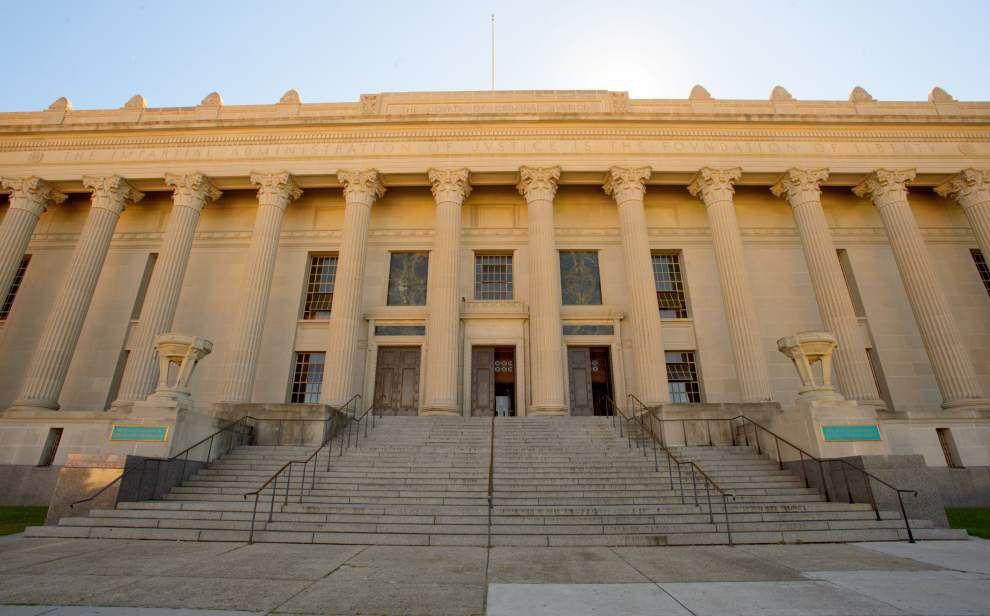Washington, D.C. — The Fifth Circuit Court of Appeals ruled on Friday that the debtors’ prison scheme run by the Orleans Parish Criminal District Court (OPCDC), where indigent people are jailed for being unable to pay court debts, gives judges an unconstitutional conflict of interest.
Rejecting an appeal from the OPCDC judges, the appeals court upheld U.S. District Court Judge Sarah Vance’s ruling that New Orleans’ predatory funding scheme makes it impossible for the OPCDC to function as the neutral tribunal the Constitution demands. The Court of Appeals held that when the OPCDC judges make judicial decisions that generate money they rely on and control, the “temptation” to make those decisions with an eye toward their court’s finances “is too great.”
“The Fifth Circuit’s ruling should send a strong message to courts and judges across the country that threatening poor people with incarceration merely because of their poverty is a practice that is both unlawful and immoral,” said Kristen Clarke, president and executive director of the Lawyers’ Committee for Civil Rights Under Law. “The resurgence of debtors’ prisons across our country entraps poor people, too many of whom are African American or minority, in a cycle of escalating debt and unnecessary incarceration. This landmark decision makes clear that courts and jurisdictions can and will be held accountable for maintaining systems dependent on revenue extracted from poor people.”
“This ruling will help bring basic fairness to New Orleans’ criminal court and send a message to states, cities, and counties across the country that seek to fund their criminal legal systems on the backs of their poorest citizens,” said Marco Lopez, an attorney with Civil Rights Corps.
The Lawyers’ Committee for Civil Rights Under Law defended the appeal along with Civil Rights Corps, Orrick, Herrington & Sutcliffe LLP (including Rachel Shalev, who argued the case), Bill Quigley of the Loyola Law Clinic, and Anna Lellelid of the Louisiana Community Law Office.
You can read the 5th Circuit’s decision here.
About the Lawyers’ Committee for Civil Rights Under Law
The Lawyers’ Committee for Civil Rights Under Law, a nonpartisan, nonprofit organization, was formed in 1963 at the request of President John F. Kennedy to involve the private bar in providing legal services to address racial discrimination. Now in its 56th year, the organization is continuing its quest to “Move America Toward Justice.” Its principal mission is to secure equal justice for all through the rule of law, particularly in the areas of criminal justice, fair housing and community development, economic justice, educational opportunities, hate crimes and voting rights.
About Civil Rights Corps
Civil Rights Corps, a nonprofit organization based in Washington, D.C., conducts innovative and systemic civil rights litigation challenging inhumane practices that have been normalized in the American criminal legal system.
About Orrick
Orrick is a global law firm focused on serving the technology & innovation, energy & infrastructure and finance sectors. Founded more than 150 years ago in San Francisco, Orrick today has offices in 25+ markets worldwide. In 2018, Financial Times selected Orrick as the Most Innovative Law Firm in North America for a remarkable third year in a row, and The American Lawyer gave the firm its first Legal Innovation Award. Fortune named the firm to the 2019 list of the 100 Best Companies to Work For, also for the fourth year in a row.


